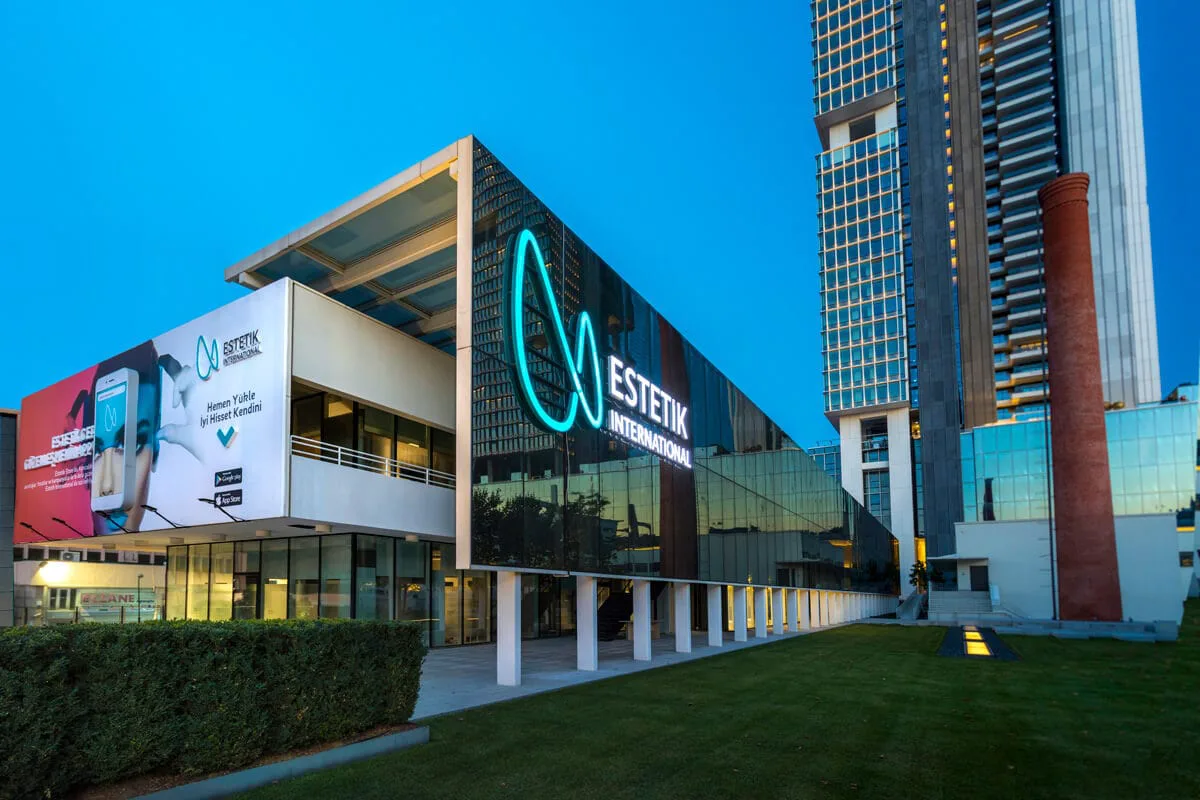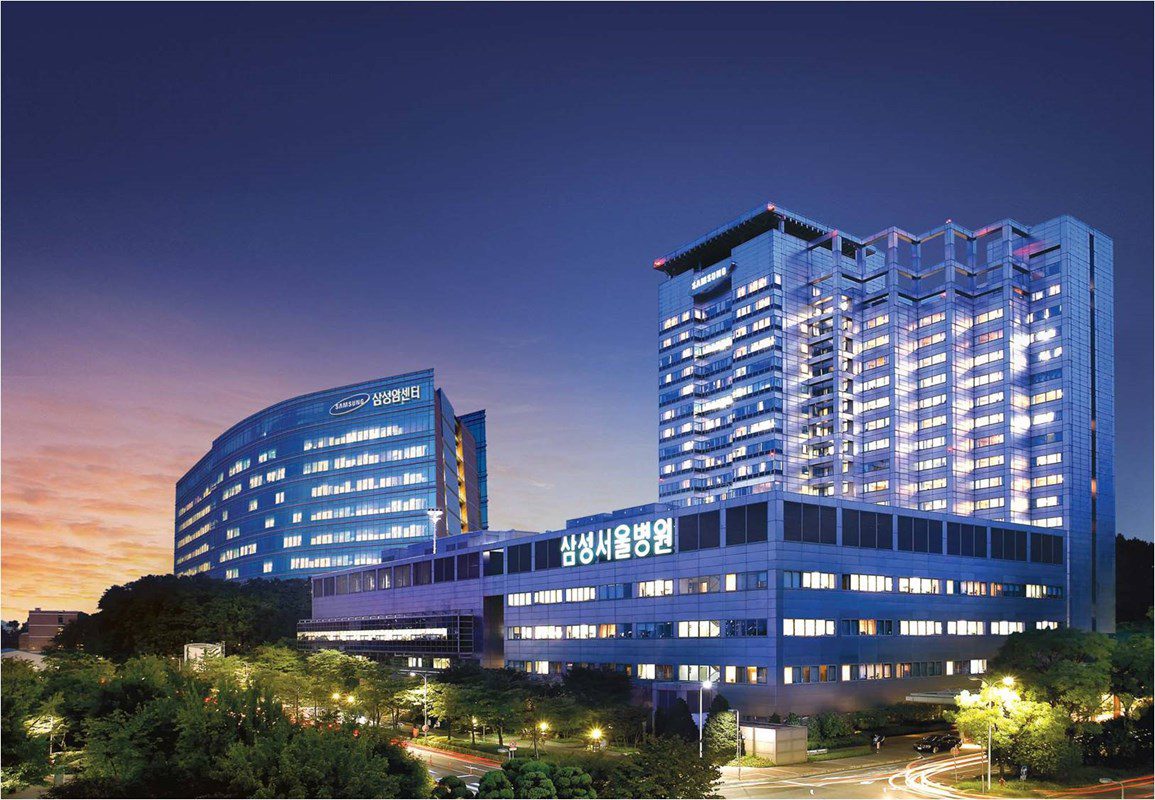Jaw Tumors and Cysts Nature and Treatment
Tumors and cysts of the jaw are hard formations that arise and progress on the jaw bone or in the soft tissues of the face. Typically, these cysts or tumors are not cancerous. However, they can reach impressive sizes and be quite aggressive, destroying or displacing bones and tissues in individual teeth. The following types of such formations can be distinguished:
- Ameloblastoma – tumor occurring at the base of the molars.
- Granuloma – formation in the lower jawbone; aggressive and can be destructive.
- Cyst in the tissue surrounding the tooth before it appears.
- Keratocyst – an inherited tumor in the lower jaw part.
- Myxoma – tumor affecting the lower jaw, displaces the teeth and acts quite aggressively.
And many others.
Jaw tumors and cysts cause
Jaw cysts and tumors develop from cells forming the oral cavity and teeth tissues in normal organism development. In medicine, the exact roots of the formation occurrence haven’t been identified. Nevertheless, scientists associate certain tumors and cysts percentage with genome mutations or inherited pathologies.
Additionally, jaw bone formation creation can be triggered by exposure to radiation or contaminated environmental components. As a rule, such cysts and tumors don’t arise due to trauma.
Jaw tumors symptoms
By its nature, a tumor is a collection of cells with an abnormal growth rate. A cyst is a fluid-filled material. The general symptoms of pathology in jaw tumors are as follows – of course, the signals about the presence of education differ depending on their type.
- Cyst or tumor is palpated by affected area palpation.
- Visually, there’s an increase in place where formation develops.
- Painful sensations when chewing.
- Teeth fragility in gums, their mobility.
- Change in bite.
- Aching sensation in the affected area.
- Internal pressure in the jaw.
Mostly, the tumor or cyst doesn’t make itself felt. If an inflammatory process begins inside, a person feels a strong throbbing ache, often accompanied by fever.
Jaw tumors diagnosis
Determining the tumors in jaw presence, and their size and nature, requires the following diagnostic methods.
- MRI and CT – formation visualization – the ability to determine the pathology size and accurately identify its location.
- Biopsy – formation nature and its aggressiveness determination.
Jaw tumors and cysts treatment
Therapy for jaw cysts treatment is developed based on the formation type and its development stage.
- Surgical intervention – doctor removes the affected tissues, the jaw bones to which these tissues are attached, and teeth – with the aggressive pathology nature.
- Jaw section reconstruction – replacement of removed affected structures with new ones – healthy cells transplantation.
- Meds treatment – drugs aimed at reducing symptomatology manifestation, in particular, at maintaining the proper organism functioning – with benign and non-aggressively progressive jaw tumors.










